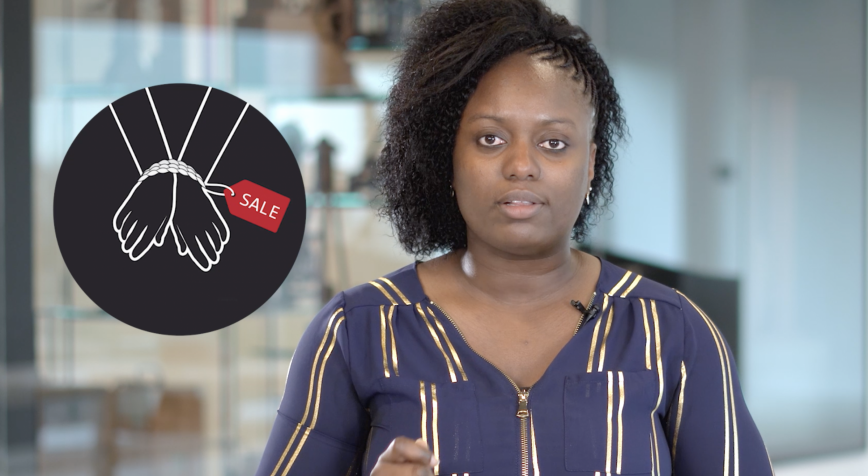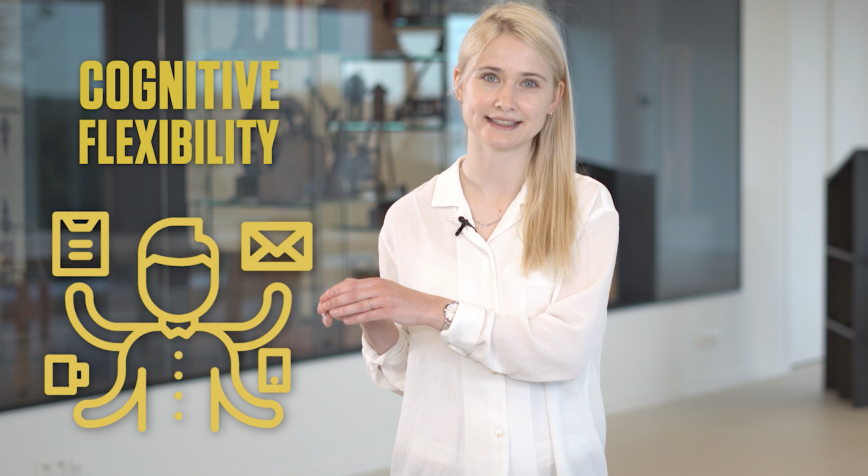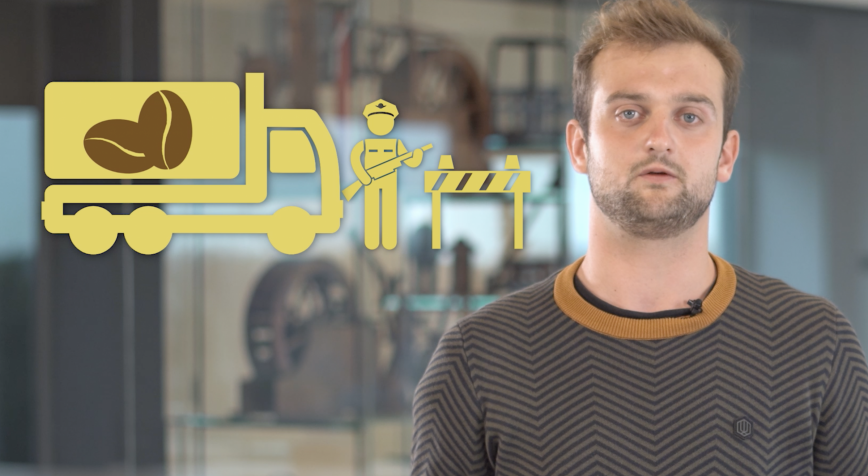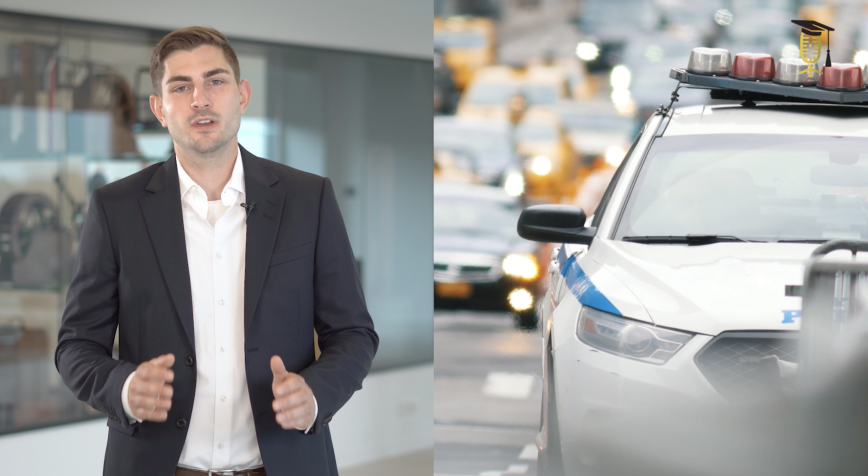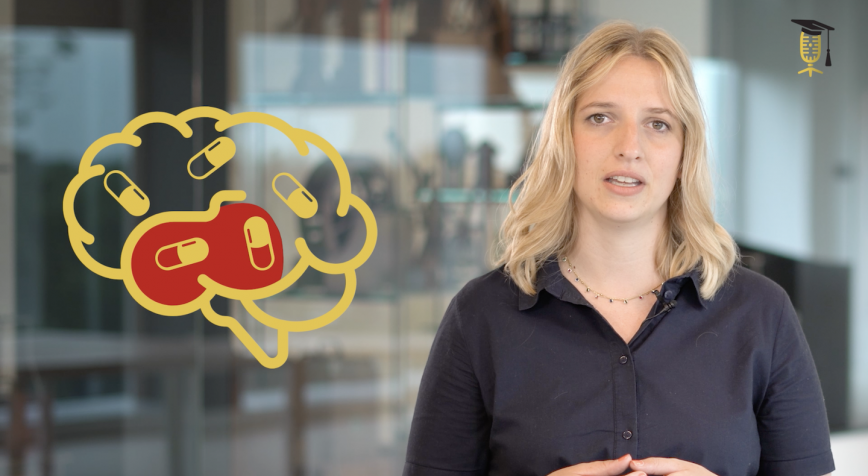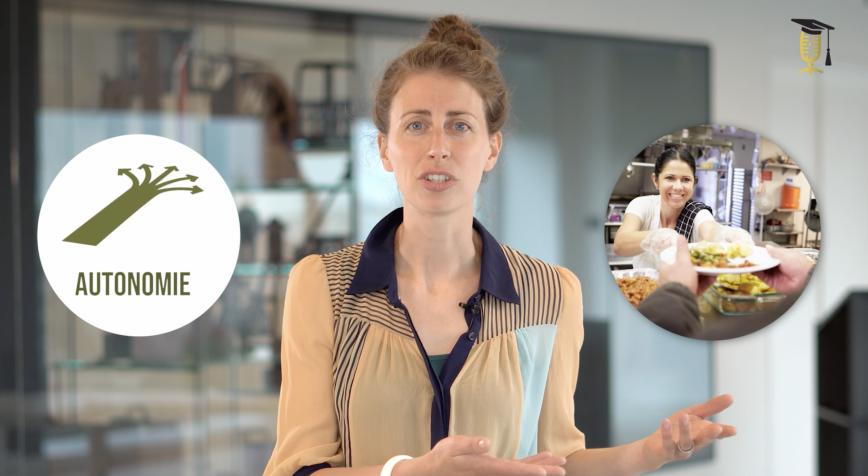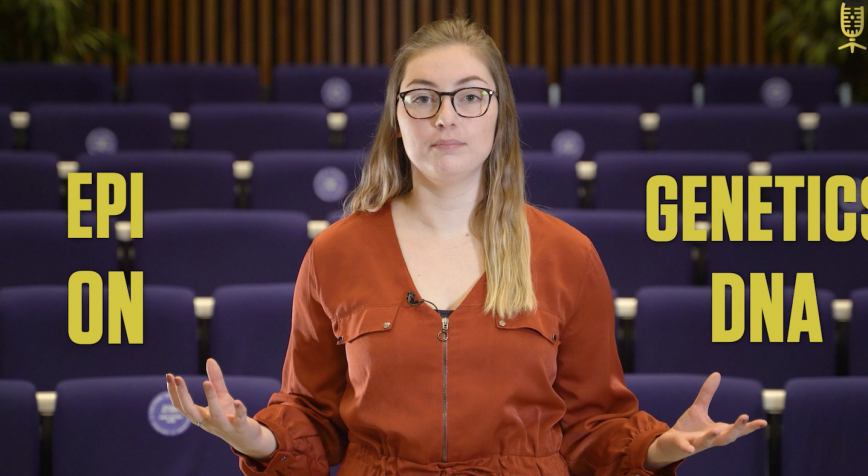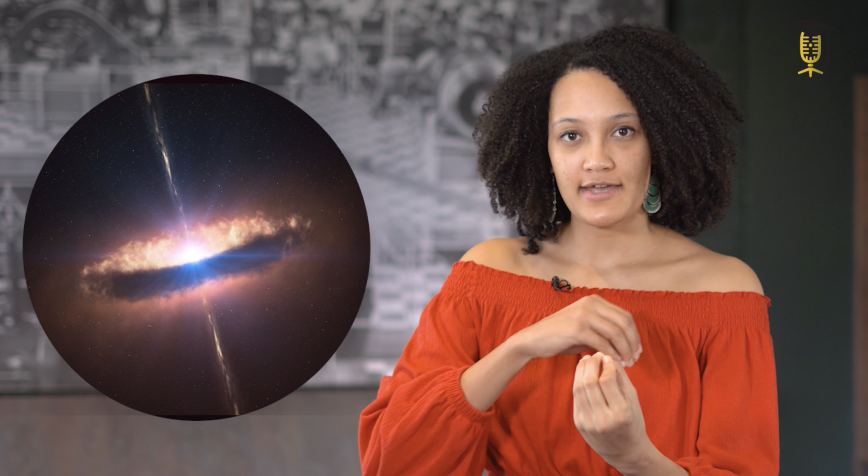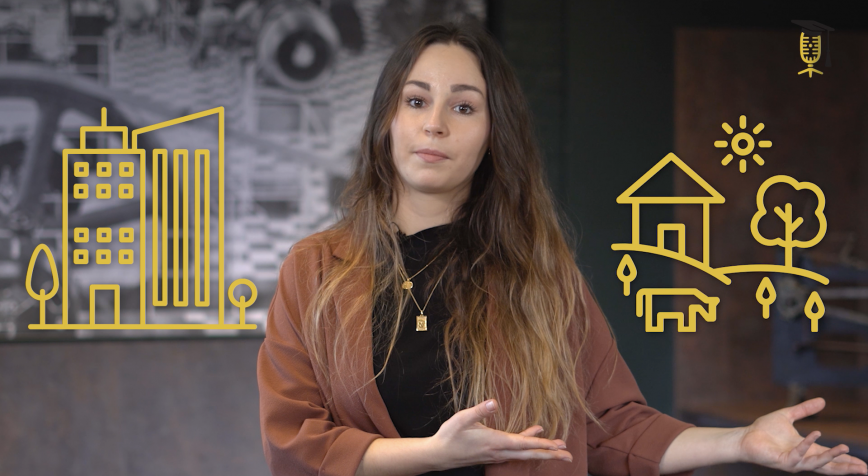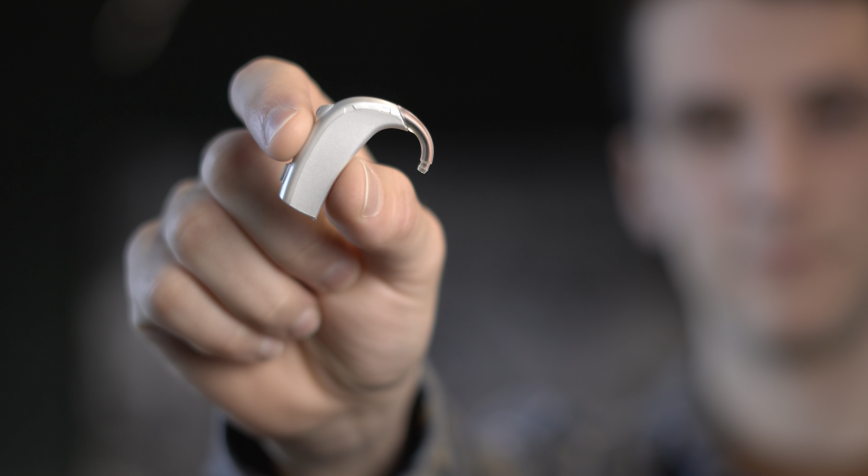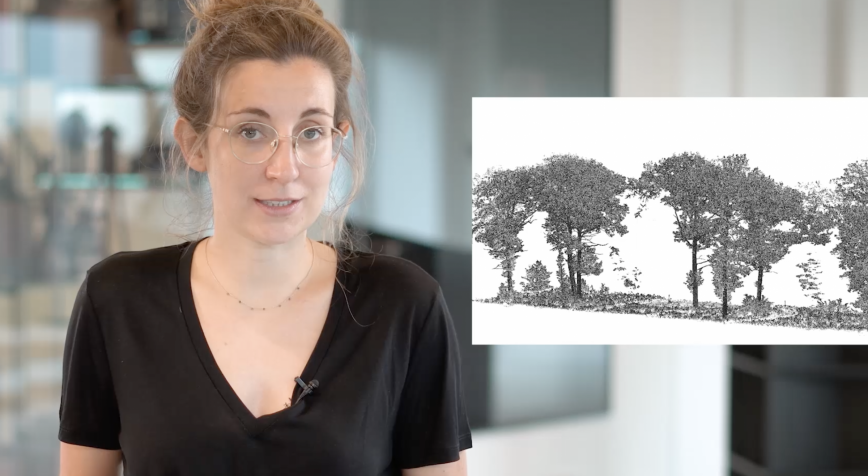
UGent
How do we keep our forests cool?
Camille Meeussen (Ghent University) designs forest edges. Yes - you read that correctly: forest edges 🌳 Forests offer a lot of cooling on hot days because trees block the sun's rays. But the edge of a forest has a big impact on that cooling effect. Watch the video to find out more.
